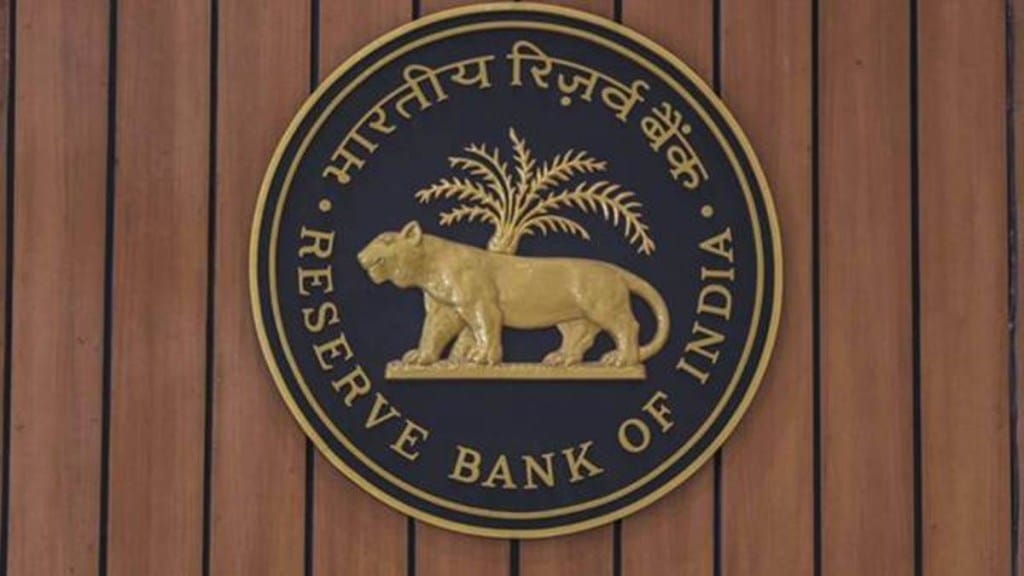With the Reserve Bank of India (RBI) tightening regulations for peer-to-peer non-bank lending platforms to improve transparency and compliance, industry members are planning to approach the central bank to seek amendments and clarifications.
Companies argue that the new rule, which requires funds in the escrow accounts of lenders and borrowers to be cleared within a day (T+1), is too stringent. According to sources, the Association of P2P Lending Platforms intends to request for an extension of the timeline to T+2 or T+3 days.
While the regulations are intended to ensure that lenders’ money does not stay with the platform, P2P platforms say that it is very difficult to deploy funds in just one day.
“The T+1 timeline is very harsh and not practical because we need time for reconciliation and identifying the cash flow. It takes more than a day to deploy funds,” said a member of the Association of P2P Lending Platforms. “Considering the reconciliation process and other challenges faced by P2P platforms, we will be proposing T+2 or T+3 options to the Reserve Bank of India.”
He added that the association is gathering feedback from its members and will approach the RBI by the end of this week.
“The funds transferred into escrow accounts of borrowers and lenders shall not remain in these accounts for a period exceeding ‘T+1’ day, where ‘T’ is the date on which funds are received in these escrow accounts,” said the RBI notification issued on Friday.
Experts say the intention of the RBI is that lenders’ funds do not remain with the P2P platform, which is a positive step from lenders’ perspective as money will come back to them as soon as the borrower pays back.
Currently, the size of the P2P lending industry is estimated at Rs 7,000-8,000 crore. There are around 20 P2P licence platforms in India which are registered with the RBI as NBFCs. They earn revenues from registration fees, processing fees and repayment collected.
“Under the new norms, P2P platforms are required to disclose past data. We will be seeking clarification about how the regulator want us to display those data points,” said a senior official of a P2P lending platform.
Experts say the new rules are aimed at ensuring that P2P platforms do not function as virtual alternative deposit-taking entities, promising liquidity, reinvestment and giving tacit assurance of rates of interest.
As per current rules, a lender is not allowed to invest more than Rs 50 lakh in a platform. The maximum investment amount for a single borrower is Rs 50,000. The total loan amount taken by a borrower at a certain point of time should not be more than Rs 10 lakh. The maximum maturity duration of the loan is 36 months.

